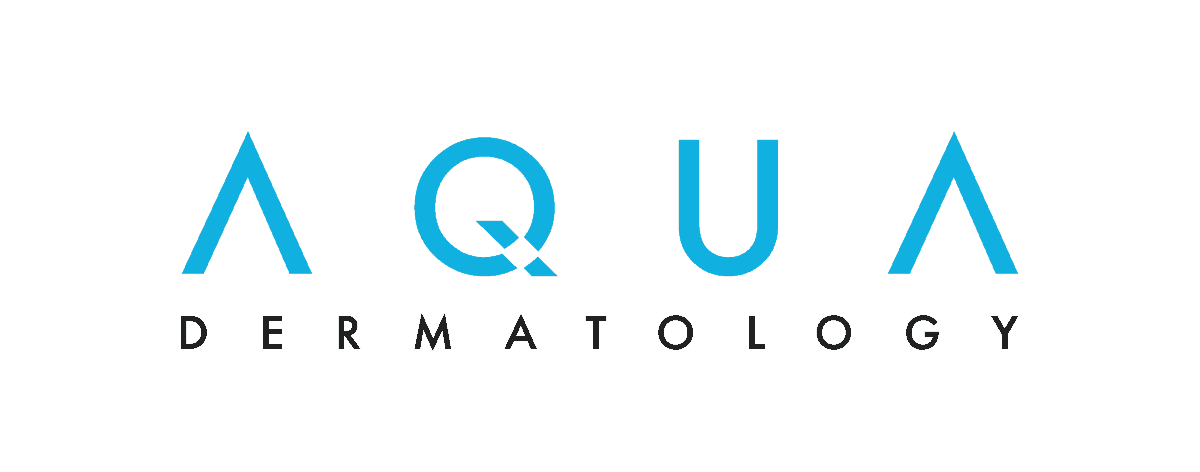Do You Need to Treat Varicose Veins?

Varicose veins can really put a damper on your day. These enlarged leg veins often look like thick, blue, green or purple ropes beneath the surface of the skin. Along with making you feel self-conscious about wearing a skirt or shorts, varicose veins can also cause some discomfort. Plenty of people report feeling itchiness around the veins or a feeling of heaviness in their legs.
What can you or should you do about varicose veins? The answer depends on how much they bother you and whether or not they seem to be getting worse.
Why Do People Get Varicose Veins?
Before we jump into how to treat varicose veins, let’s take a look at what causes them. Usually, blood flows through your veins, traveling up your legs back to the heart. When all works as it should, the veins don’t become enlarged, and no blood leaks out through the valves in your veins.
If the valves in your veins are weakened, some of that blood can start to collect and pool in the veins, instead of traveling back to the heart. The veins themselves can also lose elasticity, becoming wider and more stretched out than normal.
While there’s no single cause of varicose veins, several factors can contribute to their development. For some people, the problem runs in the family. If your mom or dad had them, there’s a very high likelihood that you will as well.
Age, weight and your sex can also play a role. Women are more likely to develop problem veins. That could be because hormone fluctuations, which occur during menstruation, pregnancy and menopause, can put you at an increased risk for circulation issues.
As you get older, your veins do too, which often causes them to become less elastic and more stretched out. Finally, if you are carrying a few extra pounds, the extra weight can put more pressure on your veins, increasing the risk for weakened valves and other issues.
Do You Have to Treat Varicose Veins?
Now for the million dollar question — is it absolutely necessary that you treat varicose veins? The answer might be no, but only if your veins aren’t causing you any problems. If you don’t mind their appearance and they aren’t causing you discomfort or other physical symptoms, then there isn’t a medical or cosmetic reason to treat them.
There are instances, however, in which the veins can lead to other issues, such as ulcers or blood clots. In those cases, treating the veins and any related issues becomes necessary.
It’s also true that you don’t need to have a medical concern to get the veins treated. If you’re unhappy with how they look and you regularly hide them by wearing long pants or thick tights, even on the hottest of days, treating your varicose veins can make your life a lot more comfortable.
What Are Your Treatment Options?
Treatment options for varicose veins can include at-home options to in-office procedures. Some people first try to minimize or control their veins by wearing prescription strength, specially fitted compression stockings. Compression stockings are great for keeping veins from getting worse, but they don’t eliminate existing vein abnormalities.
Usually, the standard non-surgical treatment for varicose veins is sclerotherapy. During sclerotherapy, a dermatologist injects the veins with a special chemical solution. The solution causes the veins to collapse, so that they eventually fade. Any blood that originally flowed through those veins is redirected to other veins.
Smaller veins, such as spider veins, can often be treated with lasers. While sclerotherapy involves the use of a chemical to destroy the veins, laser treatments uses the heat from a laser beam to destroy and eventually eliminate the problem veins.
Are you ready to treat your varicose veins? Your dermatologist can help you choose the treatment option that’s best for you. Dr. Diane Walder is a leading dermatologist in the US. She offers sclerotherapy and laser vein treatments at her practice in Miami and can help you decide which one is most appropriate for you. To schedule a consultation with Dr. Walder or one of her associates, call 305-866-2177 today.


